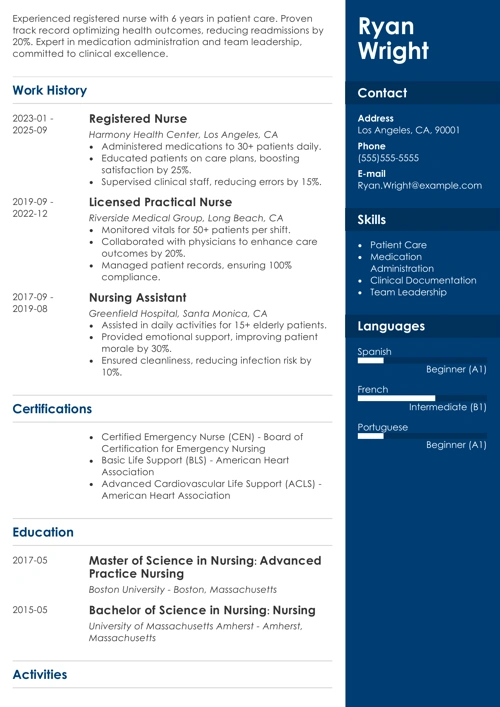$1.3 million dollars—
It’s what Cushman & Wakefield were forced to pay a former systems analyst who was fired on based on his age.
Back pay, front pay, lost benefits, emotional distress, and punitive damages—when an employer is slapped with an age discrimination complaint, there’s a ton of money (and reputation) to lose.
But—how often does age discrimination occur in the workplace?
According to new research, nearly half of Americans believe to be discriminated based on age.
And that’s not all—read on to discover what other findings come from this study.
How Ageism Plays Out in the Workplace
In a survey of 2,000 Americans, attitudes toward age and age-based discrimination were examined. The survey found that 47% believe they were victims of age-based discrimination.
Four out of 10 respondents also witnessed age-based discrimination.
What form did age discrimination take for these witnesses?

The top way—they personally experienced ageism when they weren’t offered a position (47%). These respondents were also witnesses to such discrimination that didn’t personally occur (40%).
As one respondent said: “Employers can see that I’m over 50 and don’t want to hire me because they believe I’m a liability. They would rather you have a degree instead of 25 years of job experience. I have at least 10 more years to work but it seems that they want to get rid of anyone over 50 because I should be retiring now”.
Apart from individual responses, here is what the group as a whole said are ways they experienced ageism:
Top ways Americans have experienced ageism:
- Not given a job—47%
- Passed on for an interview—39%
- Passed on for a promotion—32%
- Not been allowed to apply for a job—19%
- Let go at a job—17%
Top ways Americans have witnessed ageism:
- Someone was not given a job—40%
- Someone was let go at a job—34%
- Someone was passed on for a promotion—30%
- Someone was passed on for an interview—27%
- Someone was not allowed to apply for a job—19%
In addition, 4 out of 10 worry that they won’t be promoted because of their age. The age group that is most worried about this is Baby Boomers (51%).
However, it’s not just older generations who are worried their age will affect their careers negatively.
Three in 10 Millenials are worried their skills will be outdated in the next five years, fearing they will lose their jobs due to this. At 32%, Baby Boomers share a similar worry.
How will employers know this?
With a quick glance at their resumes:
- 31% of Millenials worry their resumes will tell potential employers how old they are, leading them to not be hired.
- 48% of Baby Boomers have the same worry.
- 47% of Millenials find writing a resume challenging; 36% of Baby Boomers believe the same.
Everyday Ageism in Today’s Society
Ageism is an unfortunate part of today’s workplace.
But—can the same be said in society as a whole?
According to the research, the same trend does exist.
If you’re over 50 years old, you’re liable to be looked down upon in society (47% of respondents).
And—there’s a gender dimension to it. 56% of respondents believe that once you’re 50 years old, women are looked at more negatively than men.
It comes as no surprise, seeing that the average age where sexes are affected differs between genders—37 for women and 41 for men.
Even though the respondents are affected by ageism or witness it, ⅓ admit they have viewed people negatively because of their age.
Lastly, 30% of Americans do not believe ageism should be considered a form of discrimination, despite there being laws against it.
Key Takeaways
Let’s recap what the main findings are from this new research:
- Half of Americans believe they were discriminated against because of their age.
- Not getting a job was the main way people felt they were discriminated against because of their age (47% of respondents).
- 56% of respondents believe women were looked at more negatively than men once they’re over 50.
- Three in 10 Millenials worry their skills will be outdated in 5 years and will lose their jobs.
About Us
With Zety, you’re all set for your job-hunting needs. Start with some professional resume tips and resume templates. Follow by figuring out how to write a cover letter, and don’t forget to send a thank-you email after the interview.
About Zety’s Editorial Process
This article has been reviewed by our editorial team to make sure it follows Zety's editorial guidelines. We’re committed to sharing our expertise and giving you trustworthy career advice tailored to your needs. High-quality content is what brings over 40 million readers to our site every year. But we don't stop there. Our team conducts original research to understand the job market better, and we pride ourselves on being quoted by top universities and prime media outlets from around the world.


